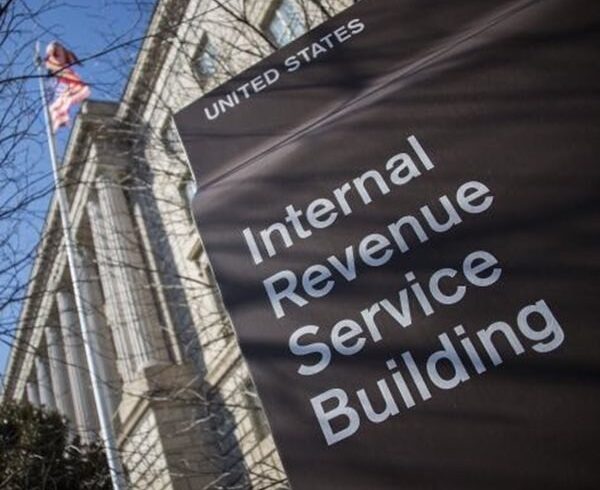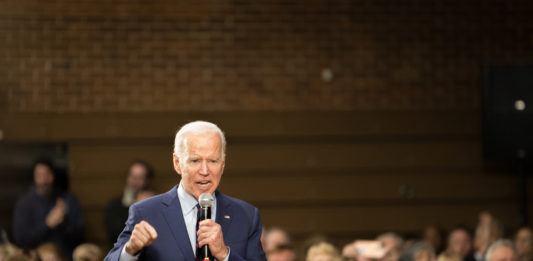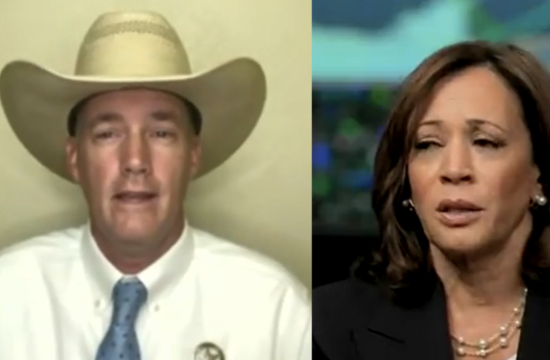The Senate and House Republicans continue to resist a proposal to change the information banks submit to Internal Revenue Service about financial transactions.
The proposal was opposed by GOP members mainly because it would require banks and credit unions, as well as financial institutions, to report the aggregate inflows or outflows of accounts that exceed $600 annually on IRS forms.
Senator Minority Leader Mitch McConnell (R-Ky.) described the proposal as an “absurd New IRS Spying Provision” in a speech before the Senate floor on Tuesday. On the same day, he wrote in an opinion piece to the Courier-Journal, that the proposal would create “a massive new dragnet that will sweep up all sorts of ordinary transactions that law-abiding Americans routinely make.”
Treasury Secretary Janet Yellen defended this proposal as a way to reduce the “tax gap” after Sen. Cynthia Lummis, R-Wyo., spoke out against it during a Senate Banking Committee hearing at the end of September, saying that “there are obvious privacy concerns for all Americans here, and this represents a dramatic new regulatory burden for community banks and credit unions.”
Yellen replied: “I think it’s important to recognize that we have a tax gap that’s estimated at $7 trillion. Over the next decade, that is taxes that are due and are not being paid to the government that deprive us of the resources we need to do critical investments to make America more productive and competitive, and the reason that the tax gap in part exists, partly, it’s because the IRS has been deprived of revenue to hire auditors, but the IRS has a wealth of information about individuals if you work at a job where you get labor income … but there are a class of partnerships, businesses, high-income individuals who have opaque sources of income that the IRS doesn’t have direct information about, and that’s where the tax gap is, not low-income people.”
Ron Wyden (D-Ore.), Chairman of the Senate Finance Committee, stated to The Hill that “Under this proposal, a bank would report just two numbers to the IRS — not individual transactions. The IRS will not know what taxpayers are purchasing. This proposal is about going after tax cheats who are putting more and more of the tax burden on wage earners who follow the rules.”












